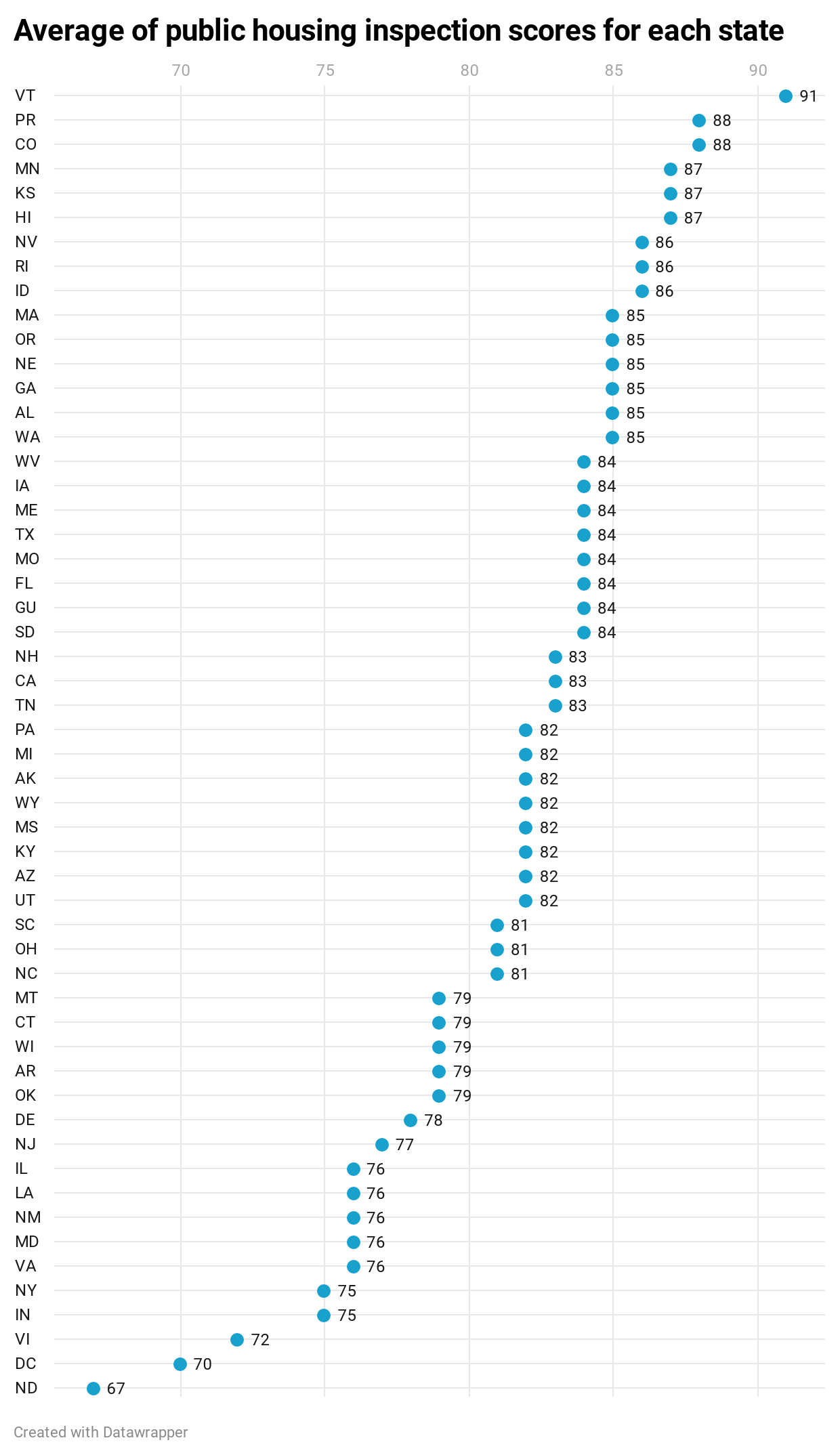The U.S. Treasury issued a press release a few days ago that detailed new sanctions placed on Russian officials, and their cut-outs. The press release also painted a rough portrait of how Russian intelligence agencies sought to interfere with the 2020 U.S. elections. Their goal: sow distrust in the electoral system and tip the scales in favor of a certain candidate (you could probably guess which).
They worked mainly through proxies so as to give Russia plausible deniability. But the Treasury identified Alexei Gromov, First Deputy Chief of Staff of the Presidential Administration of Russia, as the one managing the affair. Two years ago, the great investigative journalism outfit OCCRP published a long piece about Gromov, The Man Behind the Kremlin’s Control of Russian Media.
The FSB (basically the inheritors of the KGB), the GRU (Russia’s Army Intel, which most experts see as more of a blunt instrument than the FSB), and the SVR played major roles in the online disinformation campaign, according to the Treasury press release.
Treasury asserted that the FSB directly operates disinformation outlets. One example is an obscure outlet called “SouthFront.” The site is registered in Russia and tries to attract people with a military background along with conspiracy theorists. Another website the FSB used was the similarly named “NewsFront.” The press release says the website planned to use a man named Alexander Malkevich to spread disinformation. It sought to sow confusion on COVID-19 vaccines, as well. Malkevich is also a known entity. Foreign Policy ran a piece on him in 2019, as well.
The SVR chipped in with the innocuously named Strategic Culture Foundation, which the press release says is an online journal run by the SVR and "closely affiliated” (not sure what that means in real-world parlance) with Russia’s Ministry of Foreign Affairs. The journal tried to hide its Russian origins and chiefly published false or unsubstantiated allegations along with conspiracy theories about American officials trying to corrupt the election.
The GRU, for its part, ran InfoRos. The site calls itself a news agency but is run by the GRU’s 72nd Main Intelligence Information Center, which goes by the acronym GRITs, according to the press release.
Treasury targeted Yevgeniy Prigozhin’s activities in Africa, as well. It says that Alexander Malkevich and one of his organizations, the innocuously and ambiguously named, "Foundation for National Values Protection” have been “facilitating” Prigozhin’s activities since at least 2019 and that Malkevich either owns operates the foundation. Malkevich isn’t a new target for Treasury, he had been targeted in 2019 for operating another disinformation site, USAReally, which Treasury says Prigozhin finances.
Prigozhin also used the Association For Free Research And International Cooperation (AFRIC), International Anticrisis Center, along with Russians Petr Byschkov, Yulia Afanasyeva, and Taras Pribyshin to conduct disinformation operations in Africa and Europe. AFRIC, it says, posed as an African-led initiative and sponsored “phony” elections monitoring missions in Zimbabwe, Madagascar, the Democratic Republic of the Congo, South Africa, and Mozambique. The International Anticrisis Center (the name sounds distinctly like the International Crisis Group) was a fraudulent think tank that Prigozhin’s team controlled. Byschkov ran a team of political consultants that sought to further Prigozhin’s Africa interests.
Treasury also further targeted the now-infamous operative Konstantin Kilimnik. The press release calls Kilimnik a Russian Intel operative (so they don’t think he’s an actual officer, and they don’t specify what agency he works for). Kilimnik, the press release says, provided the Russian Intelligence with sensitive information on polling and campaign strategy in 2016. He also tried to interfere with the 2020 elections, although they didn’t detail any of his 2020 actions.
***The difference between misinformation and disinformation is that misinformation is just false information that spreads organically, whereas disinformation is purposefully spreading information you know to be false in pursuit of an end goal.***
This Open Democracy investigation into COVID-19 disinformation in Germany found that much of the disinformation has been spread by outlets linked to… Russia. Once people become persuaded by Covid 19 disinformation, moreover, they also become more open to ideas from Germany’s far-right. The piece says that a group called Querdenken propagated much of the disinformation, first on Facebook and YouTube, and more recently on Telegram after Facebook and YouTube began cracking down on COVID-19 disinformation. Once people embrace these groups, they also find information on other conspiracy theories, like anti-vaccination stuff, or a theory from something called the Reichsbürger movement, which claims Germany is still under Allied control from World War II.
But where does the disinformation this group spreads originate? They dug deep and found that many roads lead to Russia, which doesn’t even hide its fingerprints. The German version of RT (previously called Russia Today) has hosted a conspiracy theory spouting medical doctor, Dr. Claus Köhnlein, on more than one occasion. Many of the links people share also come from Sputnik News and Pravda. The Russian outlets interview fringe voices and then present them as neutral experts. They also share links from places like NewsFront (which the U.S. government says is run by the FSB) and Global Research. The Epoch Times, a news website closely associated with the dissident Chinese group Falun Gong, has also published a lot of disinformation that finds its way to these Telegram groups.



